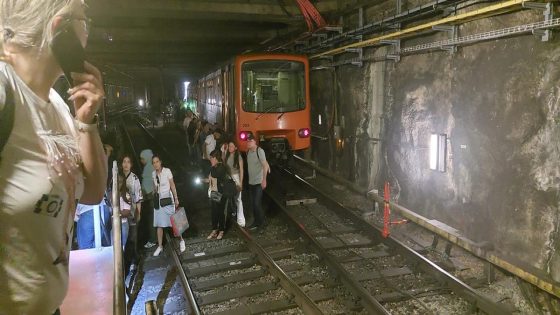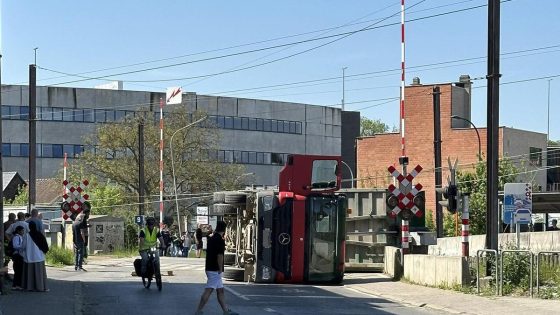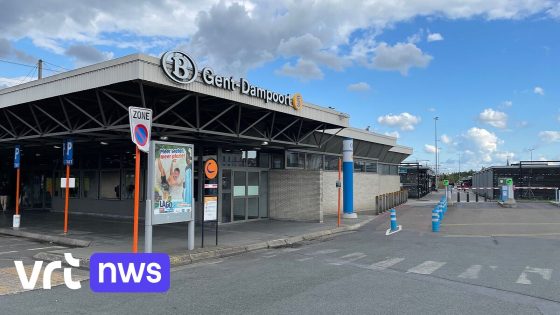Metro disruptions in Brussels caused significant delays on the MIVB network on Wednesday afternoon. A defective metro train stalled at Beekkant station around 16.30, leading to an evacuation of passengers from the tunnel. This unexpected incident affected many commuters during peak hours.
- Defect metro stalled at Beekkant station
- Passengers evacuated from tunnel due to heat
- MIVB reports rare evacuation incidents yearly
- Metro lines 1 and 5 disrupted between stops
- Lines 2 and 6 faced service interruptions
- Metro service resumed around 19:30 hours
The metro service interruption was not due to a strike or spontaneous action but a technical failure. Passengers described the situation as tense, with some experiencing panic due to the heat inside the tunnel. By 19.10, the metro lines were still affected, highlighting the scale of the disruption.
How often do such evacuations happen on Brussels’ metro? And what measures are in place to prevent lengthy delays? These questions are crucial as the city’s public transport system aims to maintain reliability for daily commuters.
While metro evacuations are rare, this incident raises concerns about infrastructure resilience. Could better maintenance or quicker response times reduce disruption? Key points to consider include:
- Evacuations occur only a few times per year, not weekly, underscoring their rarity.
- Multiple metro lines were affected simultaneously, amplifying commuter inconvenience.
- Heat and passenger panic suggest the need for improved emergency communication.
- Service was restored after roughly three hours, showing operational challenges in clearing faults.
Looking ahead, the MIVB and city authorities must enhance both preventive maintenance and emergency protocols. Will Brussels’ metro system adapt quickly enough to meet rising demand and avoid similar disruptions? Commuters are watching closely.






























